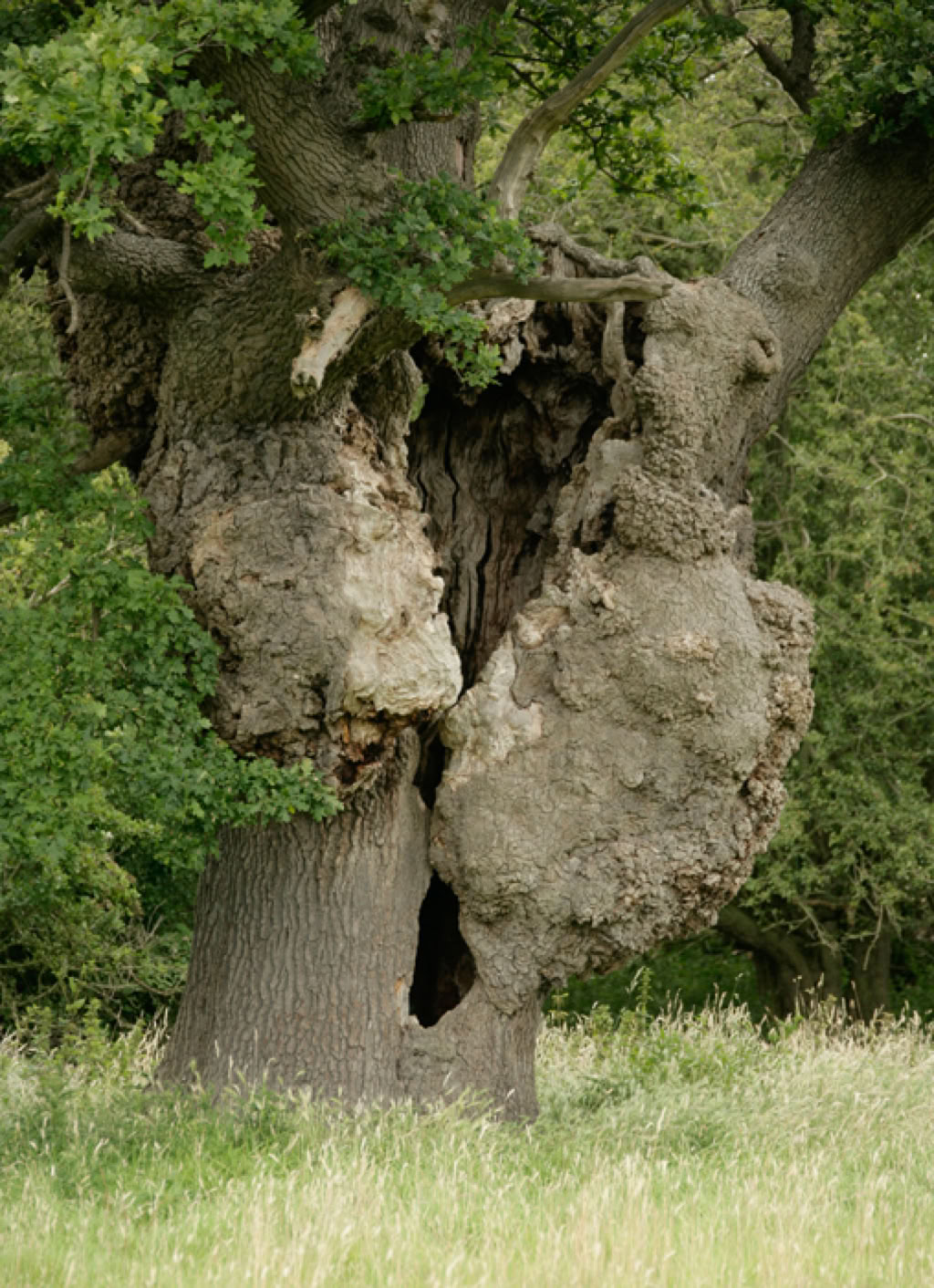reflections on Krishnamurti
This series of talks contains commentaries on some quotations (shown in italics by each audio player below) from the great 20th century spiritual teacher J. Krishnamurti.
The talks were recorded on Iona and Corfu during spring and summer 2018. You can also find an episode on Krishnamurti in the received wisdom series. Thanks to Juli for selecting the quotations.
Having observed this process, one asks oneself, is there not a different approach altogether – that is, is it not possible to explode from the centre?
And when there is freedom, there is energy; and when there is freedom it can never do anything wrong.
Learning about yourself is always in the present, knowledge is always in the past.
Forget all you know about yourself, forget all you have ever thought about yourself; we are going to start as if we knew nothing.
One of the major causes of fear is that we do not want to face ourselves as we are.
The movement from certainty to uncertainty is what I call fear.
And to go into a problem I must be completely vulnerable, open, to it. I must expose myself to myself [...] I must be in a state of mind that demands to see this thing right to the end and at no point stops and says I will go no further.
When we accept such a way of life, we accept the structure of society as it is and live within the pattern of respectability. And that is what most of us are caught in because most of us want to be terribly respectable.
Poverty is to be completely free of society, though one may have a few more clothes, a few more meals – good God, who cares? […] One must become poor inwardly, for then there is no seeking, no asking, no desire, no – nothing.
I can see the totality of something only when thought does not interfere.
The "more" plays an extraordinarily important part in our lives; this measuring ourselves all the time against something or someone is one of the primary causes of conflict.
Freedom is a state of mind – not freedom from something but a sense of freedom, a freedom to doubt and question everything and therefore so intense, active and vigorous that it throws away every form of dependence, slavery, conformity and acceptance.
You are never alone, because you are full of all the memories, all the conditioning, all the mutterings of yesterday; your mind is never clear of all the rubbish it has accumulated. To be alone, you must die to the past.
... we must stop thinking in terms of gradualness. This means there is no tomorrow for us to be peaceful in.
Problems exist only in time, that is when we meet an issue incompletely.
Time is the interval between idea and action […] That interval is essentially thought.
We would rather cling to the known than face the unknown.
